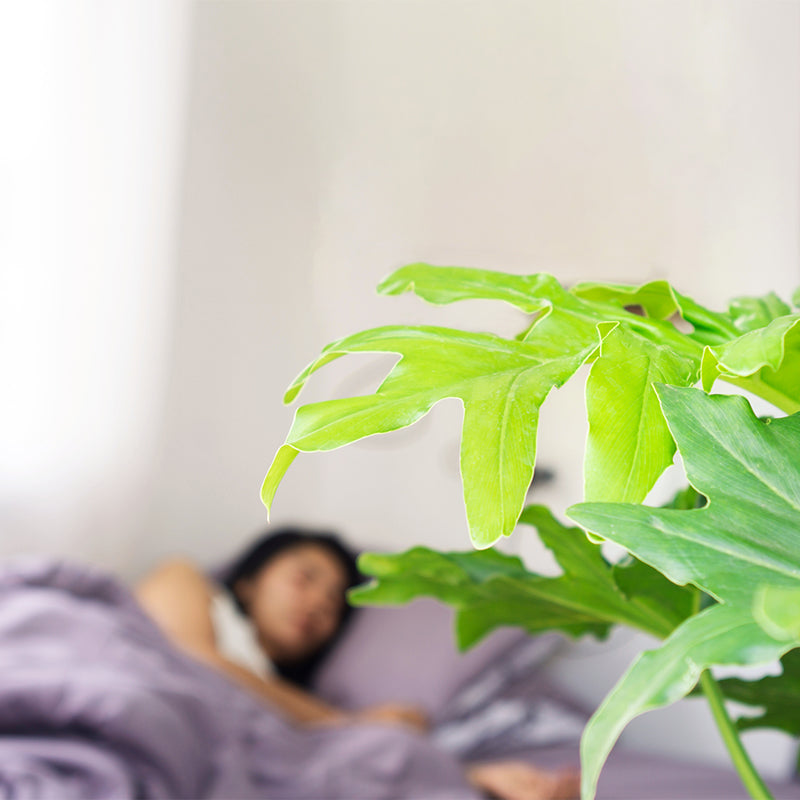
In hot, humid, sunny, tropical (you get my drift, the scorching list goes on...) Singapore, air conditioning has become a beloved essential in daily life. When the AC is down in a mall or public transport, people are up in arms and everyone’s day is ruined. Even open-air kopitiams have started implementing air conditioning because the heat is simply unbearable.
Stepping into an air-conditioned room is a blissful respite and a necessary indulgence. So it’s no wonder that most of us sleep with the AC on at full blast, giving some much-needed chill for a good night’s sleep. This begs the hot (quite literally) seat question: Is consistently sleeping with the air-con good or bad for us? Read on to get your burning question answered.
Pros
There’s no denying that snuggling up in bed with a thick duvet is one of the most comfortable things to get you in the mood for bed. But this simply isn’t possible when your room is a scorching 30 degrees Celsius; even putting one leg under the covers is an invitation for instant sticky sweat. An air-con is great for making you feel cool, calm, comfy and cosy – perfect for a peaceful night’s sleep!
Certain types of air conditioners can actually help to filter and purify the air in your room. This can be especially useful when we face our occasional haze issues. When the hazy season is upon us, it’s actually recommended that you sleep with the AC on, because breathing in the burning air and toxic microscopic particles is detrimental for your lungs, and the filters in the air-con helps to clean that air. Research has shown that the optimal temperature for sleeping is a cool 18.3 degrees Celsius. Unless the cold never bothered you anyway (*cues Elsa*), this can be too chilly for some but definitely suggests that sleeping in a cooler environment promotes a better quality of sleep. That’s because a drop in body temperature is necessary to help you feel drowsy and to fall asleep better, which explains why falling asleep is so torturous and uncomfortable when you’re sweating and burning up in your bed.
Cons
However, sleeping in temperatures that are too cold can result in you waking up “frozen” – your muscles could be all stiff and sore, and you could even catch a cold. So make sure to set the temperature to something cool yet comfortable, and point the vane upwards so the icy airflow isn’t blowing directly at you.
On a practical front, sleeping with an air-con that’s too old or poorly maintained can be like sleeping in a room with a chronic snorer – loud, annoying, and repels good sleep away! The loud sounds (or even the gentle but persistent buzzing and whirring of well-maintained air-cons) can make it hard to fall asleep, wake you up in the middle of the night, or even affect the quality of your sleep without you being aware. Light sleepers should take extra care to opt for silent ACs and to keep them up to date with regular maintenance checks.
It’s not uncommon to wake up from an air-conditioned night’s sleep with a dry throat, mouth, nose and skin. That’s because an AC also works to dehumidify the air, so if you’re prone to dryness but the cold life chose you, you may want to make a humidifier a permanent fixture in your room.




